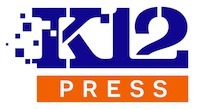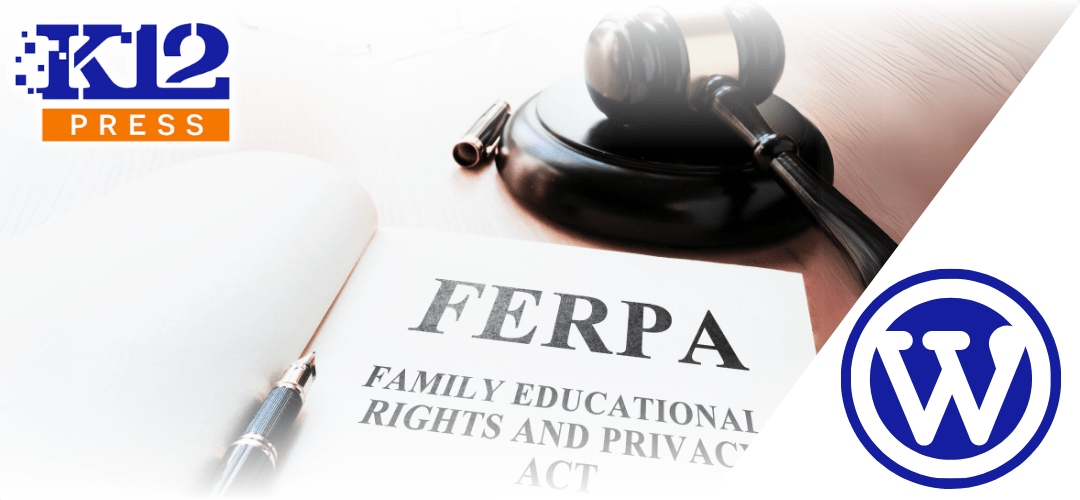Navigating the complexities of WordPress compliance with educational regulations such as FERPA (Family Educational Rights and Privacy Act) and COPPA (Children’s Online Privacy Protection Act) is crucial for any school operating online. For schools utilizing WordPress, it is essential to implement strategies and tools that uphold these standards to protect student privacy and ensure compliance.
Understanding FERPA and COPPA
FERPA protects the privacy of student education records and applies to all educational institutions that receive federal funding. It grants parents specific rights pertaining to their children’s education records, such as the right to access and request the amendment of these records and to have some control over the disclosure of personally identifiable information (PII).
COPPA regulates the online collection of personal information by commercial websites and online services from children under 13 years of age. It requires such sites to post a clear privacy policy, provide direct notice to parents, and obtain verifiable parental consent before collecting personal information from children.
WordPress Compliance with Educational Regulations Strategies
Data Handling and Privacy Policies: Ensure your WordPress site has robust data handling protocols to protect sensitive student information, aligning with FERPA’s requirements to safeguard education records from unauthorized access and disclosure. It’s also essential for schools to implement and clearly display a privacy policy that complies with both FERPA and COPPA, detailing the types of information collected and how it is used.
User Consent and Age Verification: For services affected by COPPA, WordPress sites must incorporate mechanisms to verify user age and obtain parental consent where necessary. This could involve integrating plugins that support parental consent forms and age verification functionalities.
Regular Audits and Compliance Checks: Conduct regular audits of your WordPress site to ensure compliance with educational regulations. This includes reviewing third-party plugins and services for compliance with FERPA and COPPA standards. Utilizing the Free ADA Compliance audit offered by K12Press can help automate the process of ensuring that your school website meets accessibility standards, similar to how platforms like EdPrivacy manage compliance for educational tools.
Best Practices for WordPress Site Management
Choose Compliant Plugins: Select plugins that are known for upholding educational data privacy standards. Plugins that handle data should have clear documentation stating their compliance with FERPA and COPPA.
Training and Awareness: Educate your staff about the importance of compliance with these laws. Understanding the basics of FERPA and COPPA will help them handle student data more responsibly and recognize potential compliance issues before they become problematic.
Engage with Expert Consultants: Consider consulting with data privacy experts or legal advisors to ensure your WordPress site fully complies with educational laws and regulations. These professionals can provide insights into best practices and help customize your compliance strategies.
Maintaining WordPress compliance with educational regulations such as FERPA and COPPA is essential for any school website to protect student privacy and avoid legal complications. By implementing the strategies outlined above, schools can ensure their WordPress sites meet these critical regulations effectively. K12Press is committed to supporting schools in navigating these challenges, providing tools and resources to manage your school’s website with compliance and security at the forefront.














